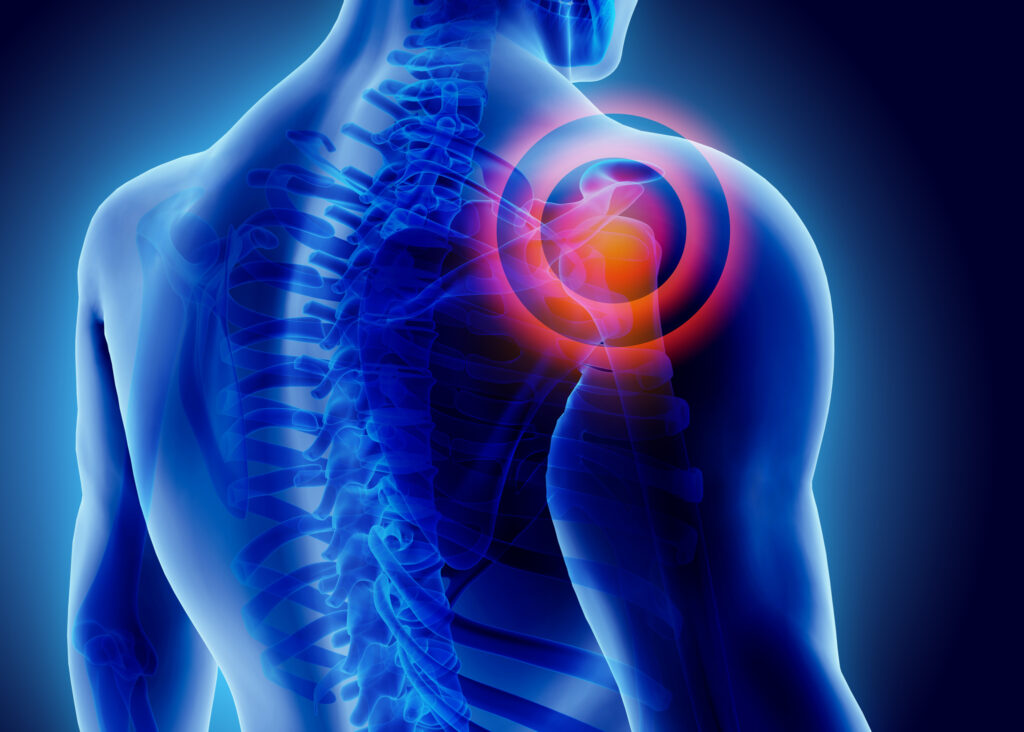In recent years, advancements in regenerative medicine have opened up new avenues for treating various orthopedic conditions. A noteworthy case has emerged from a scientific journal, highlighting the successful application of microfragmented adipose tissue in treating a full-thickness rotator cuff tear.
The patient, a 70-year-old female, had been suffering from right anterior shoulder pain and weakness for eight months. Despite undergoing conservative management, her condition did not improve, prompting further investigation and intervention. Imaging studies revealed a full-thickness tear of the supraspinatus tendon, a critical component of the rotator cuff responsible for shoulder stability and movement.
Faced with the prospect of a surgical intervention, the patient opted for a relatively novel approach: the microfragmented adipose tissue procedure. This technique involves extracting adipose tissue from the patient’s body, processing it to create a microfragmented solution, and then reinjecting it into the injured area. The goal is to harness the regenerative properties of adipose-derived stem cells and growth factors to promote healing and tissue repair.
Following the procedure, the patient experienced significant improvements in both pain and functional outcomes. Clinicians documented progressive healing of the supraspinatus tendon through follow-up imaging, including ultrasound and MRI. The results not only illustrate the potential of microfragmented adipose tissue as a viable treatment option for non-retracted, full-thickness rotator cuff tears but also emphasize the importance of personalized medicine in orthopedic care.
This case was documented by a team of authors, including John L. Ferrell, Alanna Dodson, and Joshua Martin, all affiliated with Regenerative Orthopedics and Sports Medicine in Washington, D.C. Their research underscores a growing interest in regenerative therapies and the need for continued exploration of innovative treatment strategies in managing musculoskeletal injuries.
As the field of orthopedic medicine continues to evolve, the implications of this study could be far-reaching, potentially offering hope to many patients who struggle with similar conditions. Microfragmented adipose tissue may represent a turning point in the management of rotator cuff injuries, encouraging further research and clinical trials to better understand its efficacy and optimize treatment protocols for those affected.


